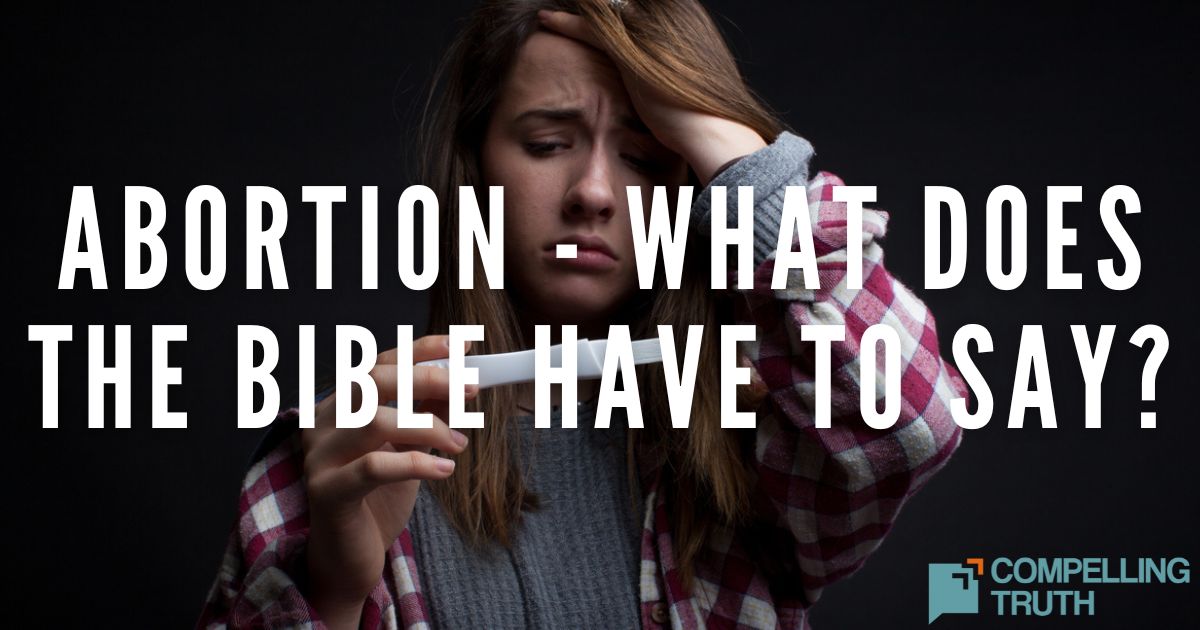This question is very difficult to answer because of the ambiguity of the feminist movement. The minimalist definition of feminism is the establishment and defense of gender equality in the political, social, and economic arenas. Basically, feminism fights for women to have equal rights to influence and participate in government, to work in the marketplace, and to interact with the culture. The Bible neither promotes nor rejects these demands. The Bible presents a high view of women, affirming their equal value before God while emphasizing complementary roles in family and church life. From the Mosaic Law to the teachings of Jesus, Scripture reveals God’s care for women in societies that often marginalized them. For instance, the Mosaic Law established protections for women, including provisions for widows and safeguards against exploitation (Exodus 22:22-24; Deuteronomy 24:19-21). Jesus treated women with dignity, engaging with them as equals in ways that defied cultural norms (John 4:7–26; Matthew 9:20–22). Paul’s writings also affirm the equal worth of women in Christ (Galatians 3:28). However, this spiritual equality does not erase distinctions in roles. For example, Paul instructs husbands and wives to serve and honor one another (Ephesians 5:22–33) while maintaining specific guidelines for church leadership that reserve senior pastoral roles for men (1 Timothy 2:12–14). Women’s participation in education, work, and leadership outside the church is not prohibited, provided family responsibilities are upheld (Titus 2:3–5; 1 Timothy 5:8). However, movements that promote practices contrary to God’s design—such as abortion, sexual immorality, or the rejection of complementary roles—contradict biblical teaching. Unfortunately, those in the feminist movement have not always chosen what is actually best for women or society and have gone against biblical teaching to do so.
The feminist movement began in the mid-nineteenth century for many of the same reasons God enacted woman-protective standards in the Mosaic Law: women were not being protected or cared for at a legislative or cultural level. Many early feminists began as abolitionists who quickly saw the parallels between the plight of slaves and themselves. The misogynistic society viewed women as little better than property. The earliest feminists fought for suffrage not because they wanted to take men's roles but because they wanted the role of women to be respected and even celebrated.
The direction of feminism took a turn in the early 1960s. Where the early feminists wanted biblical femininity celebrated, the "Second Wave" wanted it ignored. Socially, politically, and economically, they wanted no distinction between men and women. Gradually, lies crept in that attempted to erase gender distinctions and began to justify abortion. Education and career, unencumbered by children, became the standard. Instead of joining men, second-wave feminists took control and rejected men.
The third wave of feminism began in the 1980s and again took things in a different direction. "Standpoint feminists," having gained sufficient personal freedom, now look outside their own culture and strive to protect persecuted women and minorities around the world.
The Bible gives equal value to women, but it does not dictate that women must have equal rights nor forbid them from having equal rights. It says that women must be submissive to their husbands and must ensure the home responsibilities are taken care of. After that, there is no law against women moving freely through the marketplace, the arts, or the government.
Despite what many Christians believe, it is impossible to roundly condemn or confirm modern feminism via the Bible. Feminist ideologies can be good, neutral, or bad.
The Good: Beyond the validation of biblical law, there are a few feminist ideals that are good enough that Jesus and Paul affirmed them through words and actions. It is good for women to have access to education (Luke 10:38-42), to receive medical care that addresses their needs (Matthew 9:20-22), and it is absolutely biblical to believe that women are equal to men in value (Galatians 3:26-28). It is good and proper that society sees to the needs of women.
The Neutral: Feminists, both early and late, also have ideals that are allowed but not prescribed by the Bible. Most of these are under the umbrella of "equal rights." The Bible doesn't talk about equal rights as we think of them, but it doesn't discourage them, either. Women are free to seek equal opportunities in education, business, arts, government, and every other secular arena. With this comes the caveat that, just as men may pursue interests if their families are provided for (1 Timothy 5:8), women must ensure their home is running smoothly (Titus 2:3-4).
The Unbiblical: Unfortunately, there are many feminist causes that are in direct violation of biblical truths. While birth control is a mostly neutral issue, abortion is absolutely sin. Any support of homosexuality is also sin. The belief that women are more valuable than or do not need men is unbiblical. And the movement toward female senior clergy is directly against God's Word.
Christian engagement with feminism requires careful discernment. Christians can affirm aspects of feminism that align with Scripture, such as fighting against human trafficking, ensuring access to education, or protecting women from exploitation. However, they must reject ideologies that contradict God’s design for men and women. Feminism that prioritizes justice and human dignity without abandoning biblical truth can reflect God’s heart, but believers must remain rooted in Scripture rather than cultural trends.




